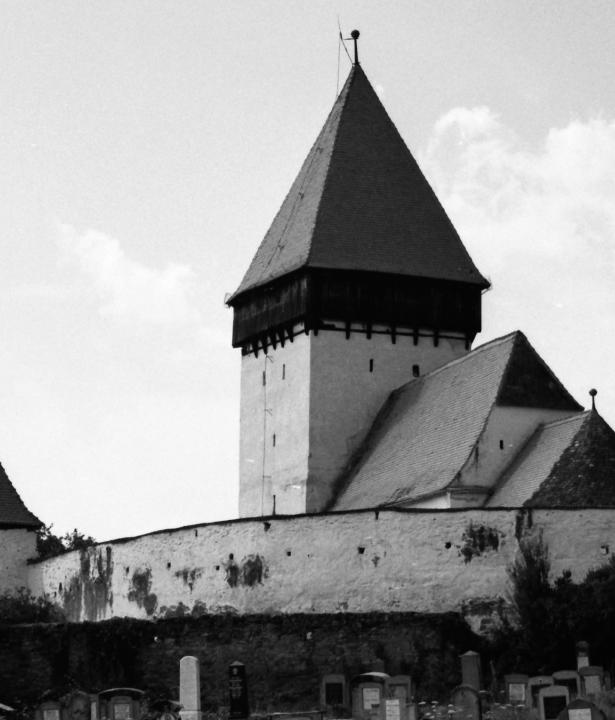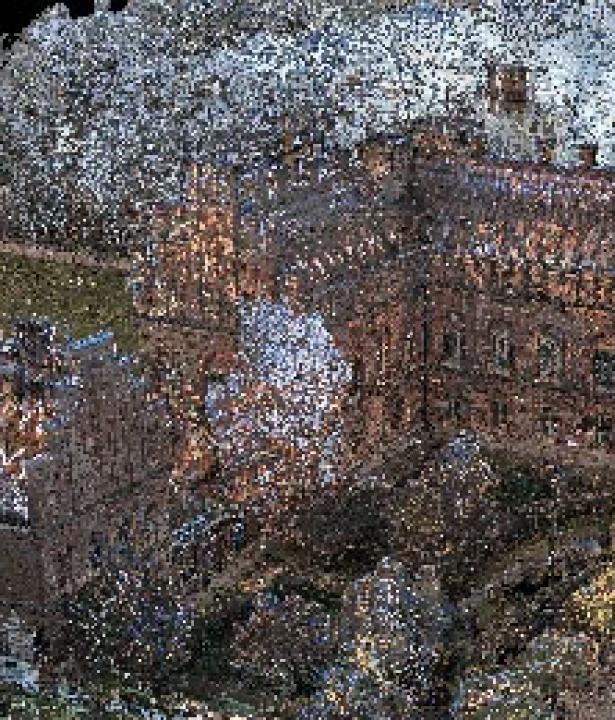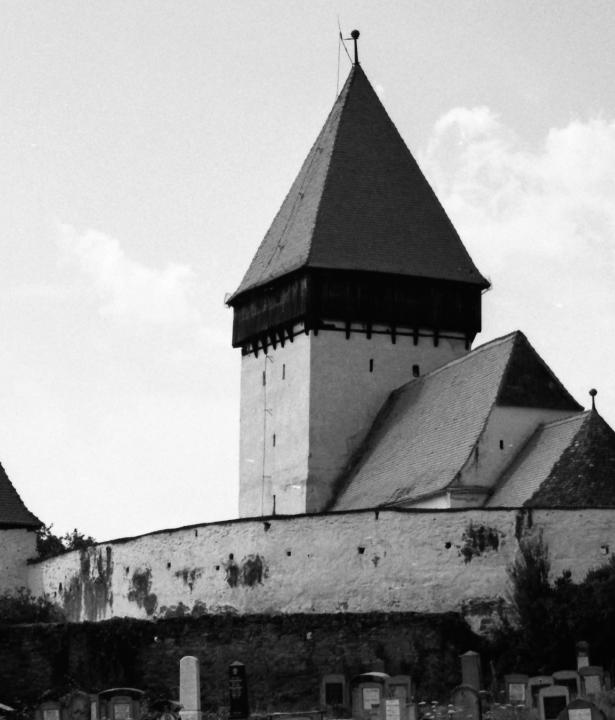Europe – a region that is more than the sum of its parts. Migration and the constant exchange between its inhabitants have been and still are of utmost importance to the creation of a European relationship history. The Institute for German Culture and History in South-Eastern Europe (IKGS) is dedicated to exploring the diverse facets of this history, with a focus on South-Eastern Europe.
Text
The Institute for German Culture and History in South-Eastern Europe (“Institut für deutsche Kultur und Geschichte Südosteuropas e.V.”), or IKGS, at the Ludwig Maximilian University of Munich explores the history, literature, and language of the German settlements and regions of origin in East-Central and South-Eastern Europe in their historical and regional contexts. It focuses on the 19th and the 20th century. In cooperation with partners from German, Austrian, East-Central European, and South-Eastern European universities, the IKGS supports the national and international academic discourse through research projects, expert events, and publications. It has a specialized library and an archive focused on the heritage of German-speaking authors in South-Eastern Europe.
The IKGS has been granted the status of an academic institute at the Ludwig Maximilian University of Munich since 2004. Its academic staff is comprised of lecturers from various European universities. The IKGS supervises and promotes students and junior researchers. Furthermore, with its diverse outreach program, the IKGS is able to reach a broad audience.









